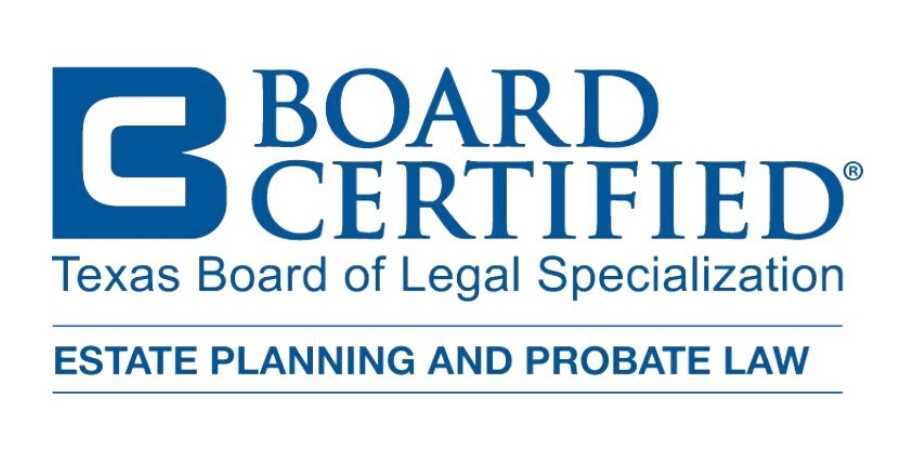Why You Don’t Gift Your House To Your Kids
Avoiding headaches is easier than you think

It is amazing how home ownership seems out of reach for many young people today. Some of our clients ask us if they should just give their house to their children at some point to help them achieve their dream of owning a home. Other clients are afraid of losing their home if they have to enter a nursing home and apply for Medicaid. In this day and age, both fears are well-founded, but transferring the family home to their children is not the best way to protect it or their children from other headaches down the road.
It might be a consideration, for example, if the parents plan to downsize to a new condo or make a former vacation home their full-time residence. However, while such generosity may be admirable, giving a house away is a decision with serious financial consequences for everybody concerned. Before you sign over the homestead to your adult child, consider these factors, which could make you think twice about doing so.
1. You Could Be Giving Your Child a Huge Capital Gains Tax Bill
If you purchased your house a few years or a few decades ago, it has most likely gone up in value. If you gift a home to a child and they sell it, they will be taxed on the gains or appreciation of the property. For instance, if you bought your home for $200,000 and it’s now worth $500,000, your child may be subject to capital gains of $300,000 if/when they sell the property.
Instead of forcing your children to deal with that tax burden, you can instead set up a trust where you are the grantor, and your child is the beneficiary. Under this approach, when your child receives your home upon your death they get a step-up in cost basis, meaning the property they acquired is valued at fair market value and not the original price. This serves to prevent the many years of appreciation.
2. Avoid Crossing Into Medicaid Ineligibility Territory
Typically, you do not have to sell your home in order to qualify for Medicaid coverage of nursing home care, however, the state could file a claim against the house after you die. If you get help from Medicaid to pay for the nursing home, the state must attempt to recoup from your estate whatever benefits it paid for your care. This is called "estate recovery." If you want to protect your home from this recovery, you may be tempted to give it to your children.
Transferring your house to your children (or someone else) may make you ineligible for Medicaid for a period of time. The state Medicaid agency looks at any transfers made within five years of the Medicaid application. If you made a transfer for less than market value within that time period, the state will impose a penalty period during which you will not be eligible for benefits. Depending on the house’s value, the period of Medicaid ineligibility could stretch on for years, and it would not start until the Medicaid applicant is almost completely out of money.
There are circumstances under which you can transfer a home without penalty, however, you should consult a qualified estate planning attorney before making any transfers. You may freely transfer your home to the following individuals without incurring a transfer penalty:
· Your spouse
· A child who is under age 21 or who is blind or disabled
· Into a trust for the sole benefit of a disabled individual under age 65 (even if the trust is for the benefit of the Medicaid applicant, under certain circumstances)
· A sibling who has lived in the home during the year preceding the applicant's institutionalization and who already holds an equity interest in the home
· A "caretaker child," who is defined as a child of the applicant who lived in the house for at least two years prior to the applicant's institutionalization and who during that period provided care that allowed the applicant to avoid a nursing home stay.
3. Losing Control Before You Are Even Gone
It should be noted, by transferring your house to your children, you will no longer own the house, which means you will not have control of it. Your children can do what they want with it. Even the most responsible adult child can run into financial troubles. Your child now owns a portion of the home and if they have children applying to college, run a business, declare bankruptcy or a divorce proceeding these can affect you also. One big surprise you may not have thought of is that if your children are sued or get divorced, the house will be vulnerable to their creditors and when you gift the home to your child or add them to the deed, you may be vulnerable to losing the property while you are still alive.
Discuss Your Options With An Expert
Before making a big decision on what to do with your home, be sure to contact me to discuss your options. As a board-certified estate planning attorney, I can review the best methods for your financial situation and your goals, and if the concerns addressed above resonate with you, then you should strongly consider using a trust to transfer ownership of your house. An important strength to using a trust is that the capital gains taxes do not come into play when your child becomes the beneficiary at the time of your passing. Different types of trusts include living trusts, irrevocable trusts, grantor trusts, and assorted other variations with specific traits and purposes. Contact me today and I will work with you to identify the right trust strategy for you and your family.


CONTACT INFORMATION






















